Political Turmoil in Bangladesh: Opposition Boycotts Election Amidst Crackdown
Opposition Boycotts Election Amidst Crackdown
In a major development, Bangladesh’s main opposition party, the Bangladesh Nationalist Party (BNP), has declared a boycott of the upcoming national election scheduled for January 7. This decision comes in the wake of a prolonged crackdown by the ruling Awami League, led by Prime Minister Sheikh Hasina, resulting in the arrest of thousands of opposition leaders and members.
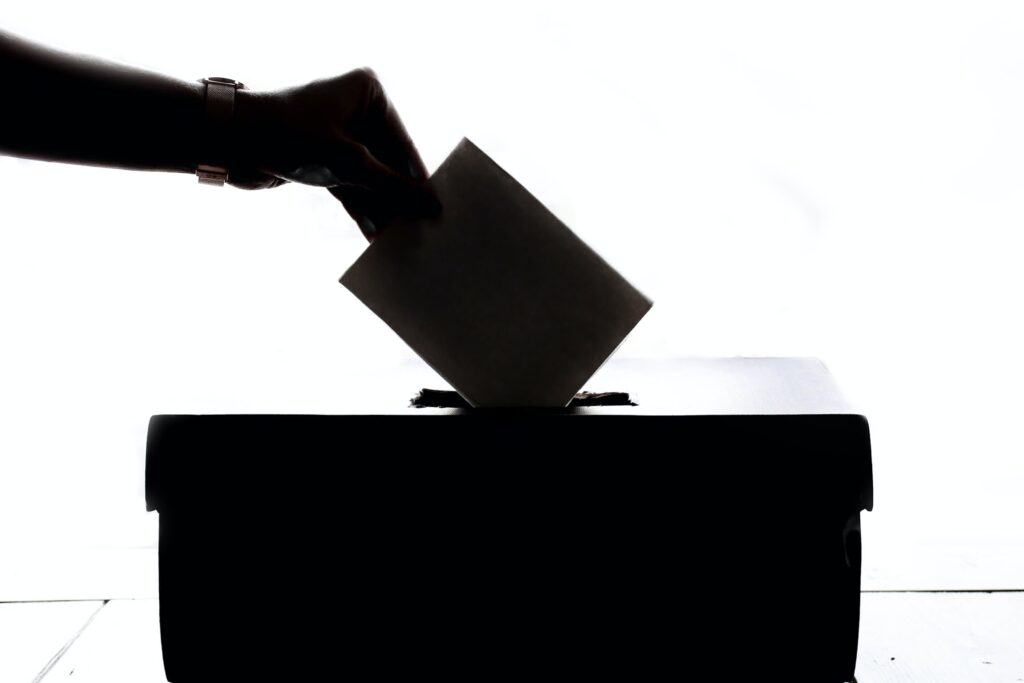
Unprecedented Crackdown Sparks Opposition Outcry
The BNP alleges that an “unprecedented crackdown” unfolded after a massive BNP rally in Dhaka on October 28. The party claims that its entire leadership and numerous activists have been arrested over the past five weeks. Reports of violence during the crackdown have led to conflicting accounts, with police reporting six deaths, while the opposition asserts around 20 activists lost their lives.
Contested Arrests and Legal Battles
The arrests primarily involve charges related to arson attacks and vandalism, which the opposition deems politically motivated. BNP’s legal chief, Kayser Kamal, contends that individuals have died in police custody due to torture, rejecting claims of natural causes. The opposition also highlights death sentences for nine party members and prison sentences for 925 leaders and activists, terming them as unjust and politically motivated.
Government Denies Crackdown Allegations
The Awami government denies allegations of a crackdown, emphasizing actions against those involved in sabotage, arson attacks, and violence against the police. Mohammad A. Arafat, an Awami League lawmaker, rejects claims of a crackdown against the opposition, insisting on specific charges against those involved in criminal activities.
International Concerns over Democratic Backsliding
Despite significant economic growth under Prime Minister Sheikh Hasina’s leadership since 2009, reports of thousands of extrajudicial killings of opposition activists and controversial elections have raised international concerns. The recent downgrade of Bangladesh’s “civil space” by the CIVICUS Monitor reflects worries about a government crackdown on opposition politicians and critics ahead of the national elections.
Challenges to a Fair Election and Calls for Neutrality
Michael Kugelman, director of the South Asia Institute at the Woodrow Wilson International Center for Scholars, highlights the challenging electoral environment that prompted the BNP’s decision to boycott the election. Calls for a neutral political playing field, echoing the pre-2011 caretaker system, have been rejected by the Hasina government.
Anticipation of a One-Sided Election
With the BNP’s boycott and skepticism about the fairness of the upcoming election, observers anticipate a one-sided affair. Jasmin Lorch, a senior researcher, notes a lack of genuine opposition parties participating in the January election, raising concerns about the elections’ fairness.
#WATCH | Dhaka | As Bangladesh votes in the 2024 general elections today, the country's Home Minister Asaduzzaman Khan says, "…I am confident (of winning) because we did many things. The people love Sheikh Hasina."
— ANI (@ANI) January 7, 2024
On BNP boycotting the election, he says, "…The leadership of… pic.twitter.com/jR6w819hJx
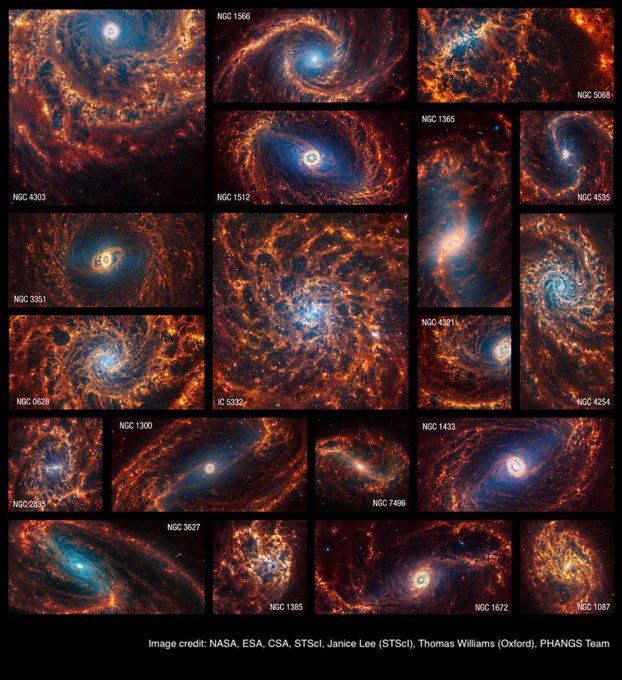
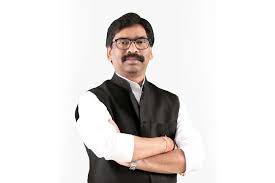
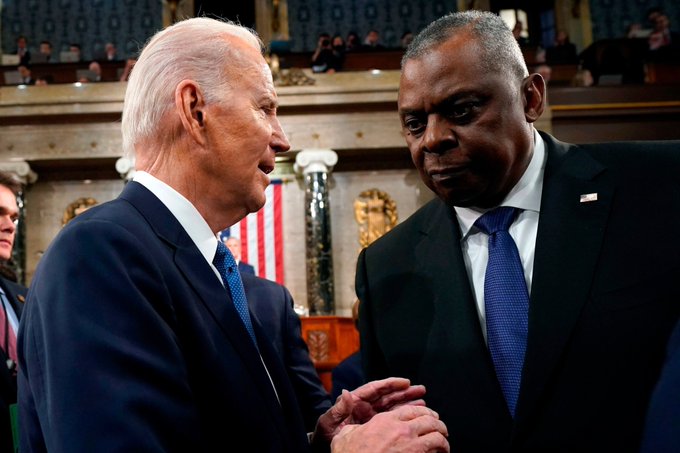


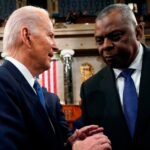

Leave a Reply